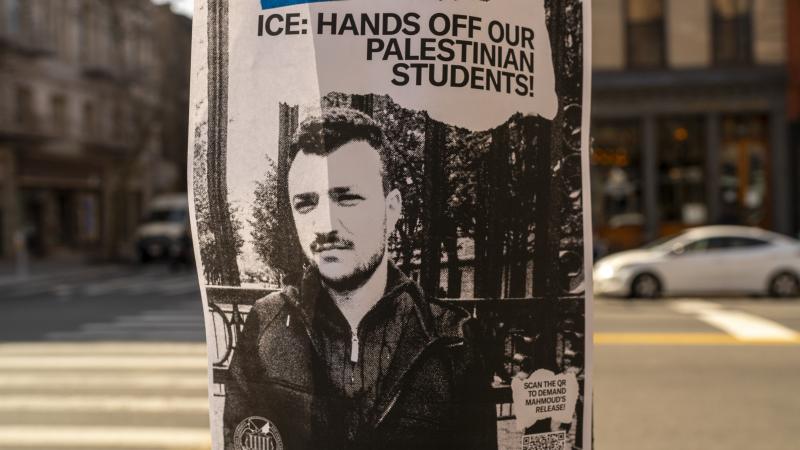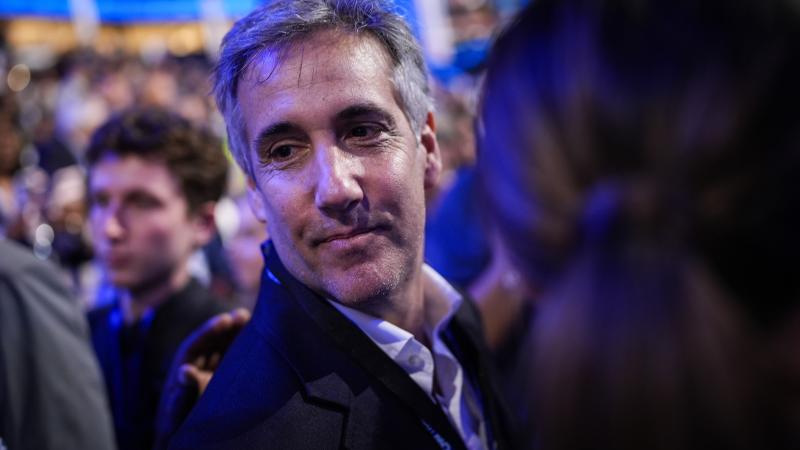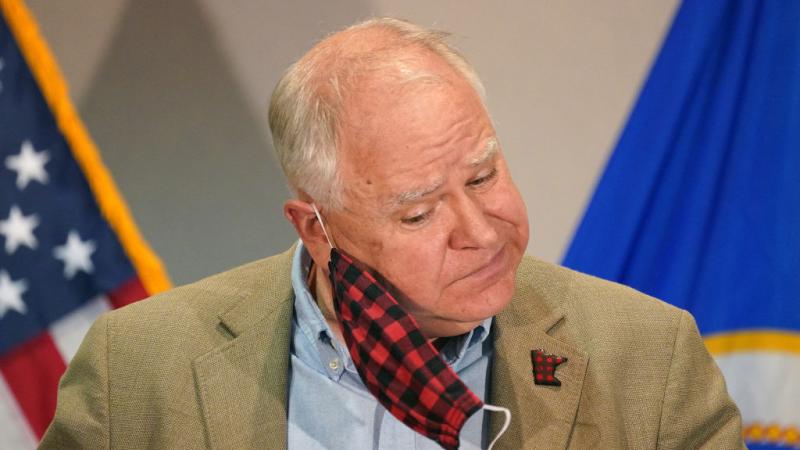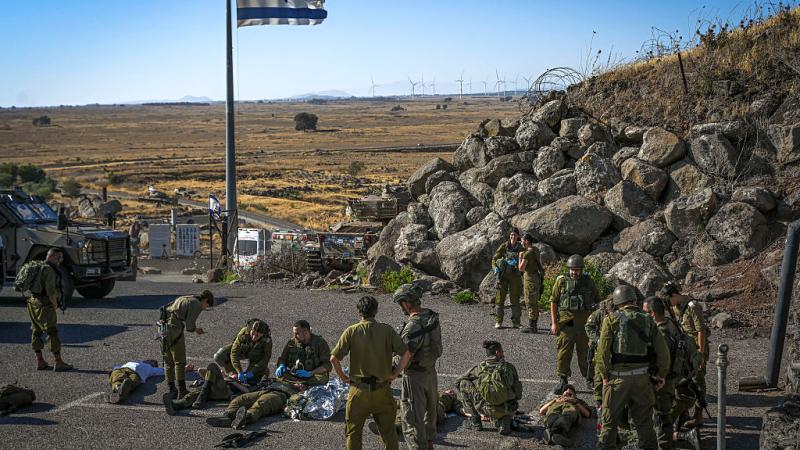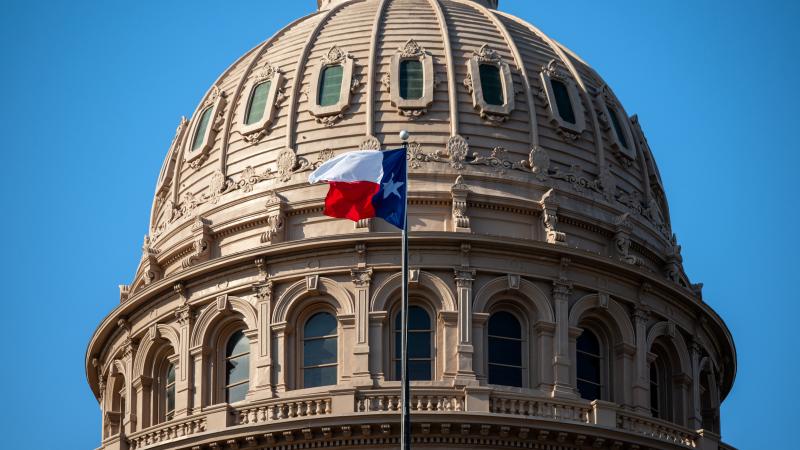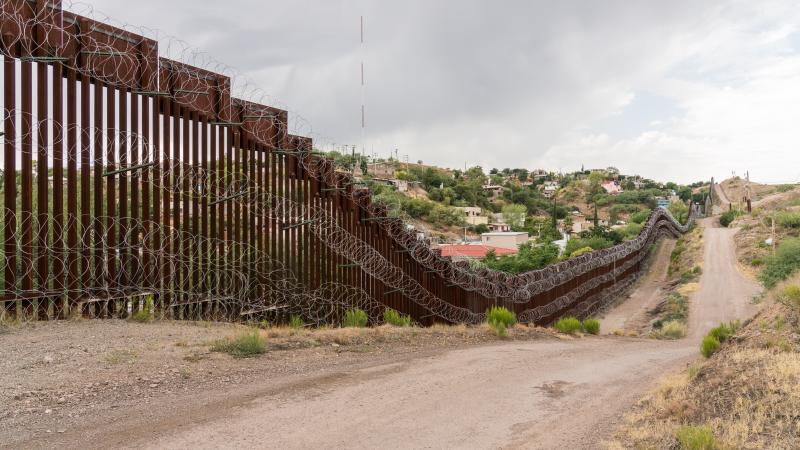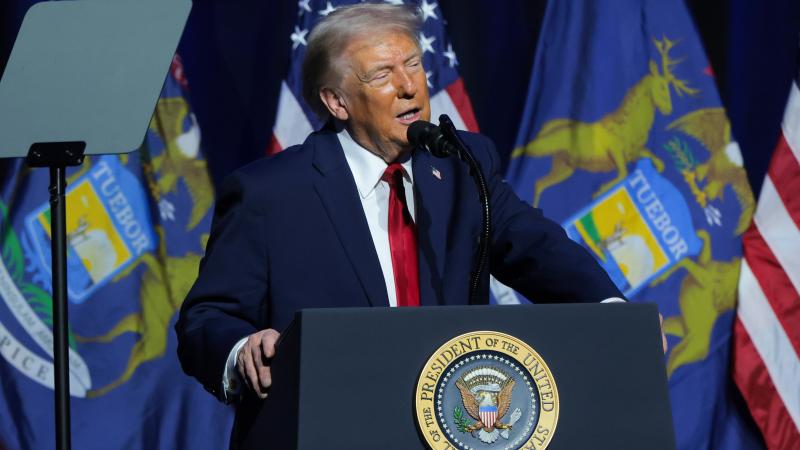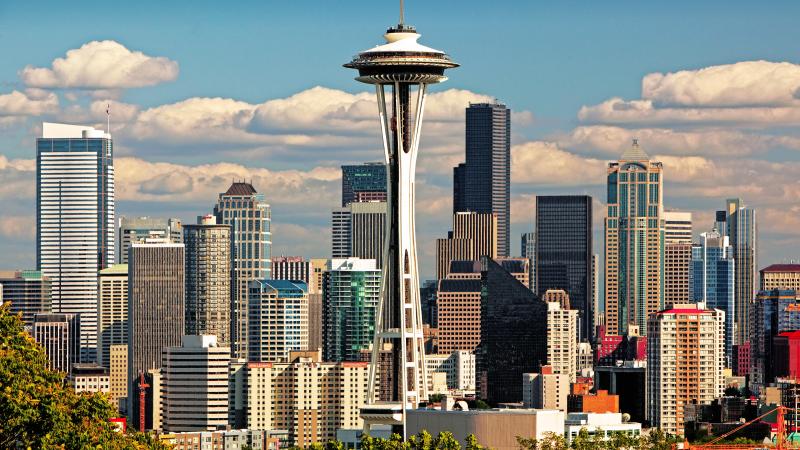Supreme Court split during oral arguments on approving first religious charter school in Oklahoma
The state charter school board appeared to have four votes from the justices in favor of the religious charter school.
Supreme Court justices appeared split during oral arguments on whether to allow the nation's first religious charter school to be approved in Oklahoma.
All but one of the nine justices heard the arguments for the case on Wednesday, since Justice Amy Coney Barrett recused herself, according to SCOTUSblog.
The case between St. Isidore of Seville, a virtual Catholic charter school, and the state began two years ago, when Oklahoma’s charter school board approved an application by the archdiocese of Oklahoma City and the diocese of Tulsa to establish the religious school.
State law requires charter schools to be non-religious “in their programs, admissions policies, and other operations,” but the board's contract with St. Isidore allowed the school to freely exercise its religious beliefs.
Despite Oklahoma Gov. Kevin Stitt's (R) support of the charter school board, state Attorney General Gentner Drummond (R) brought the case against it to the state Supreme Court, which ruled in his favor to invalidate the board’s contract with St. Isidore. The Oklahoma Supreme Court decided that because St. Isidore is a public school, state law requires it to be non-religious.
Gregory Garre, representing Drummond, argued that charter schools like St. Isidore have “all the hallmarks of government entities,” since the state creates them and they are under state supervision and control. The state oversees charter schools’ curriculum more than it does for private schools and federal law requires charter schools to operate under “public supervision and direction.”
James Campbell, representing the Oklahoma charter school board, argued that St. Isidore wasn't a government entity because it is controlled by an outside board and was created by two private organizations.
Justice Neil Gorsuch asked about drawing a line between faith-based services that may or may not be government entities, saying, “We have to have a test.”
Justice Elena Kagan suggested a hypothetical scenario where a school in a Hasidic community in New York wanted to use a curriculum based on the Talmud, asking if the state would have to approve the charter school despite its curriculum being “super different.” She added that a ruling for the Oklahoma charter school board would require all kinds of religious schools to be funded.
Gorsuch pushed back, saying a “neutral rule” might be required for charter schools to teach a standard curriculum with subjects like math, science, and English.
The state charter school board appeared to have votes from Justices Clarence Thomas, Samuel Alito, Brett Kavanaugh, and Gorsuch. Chief Justice John Roberts asked probing questions of both sides, but his position was unclear.
A majority of the justices profess the Roman Catholic faith. Roberts, Kavanaugh, Barrett, Alito, Thomas, and Sonia Sotomayor are all Catholic. Gorsuch was raised Catholic but has attended an Episcopal Church.
